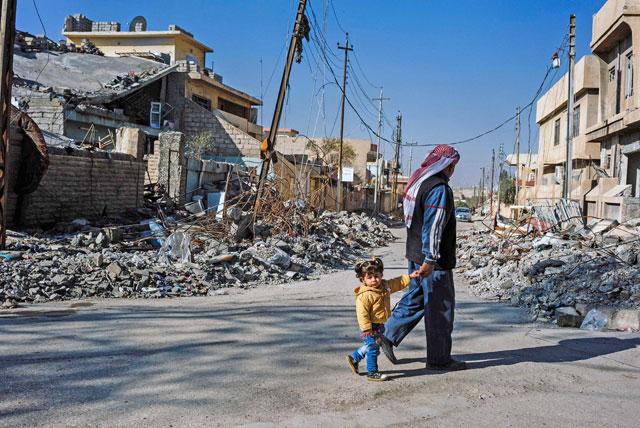You are here
Jordan struggling from regional pressures but economic outlook positive — World Bank
By Khetam Malkawi - Jul 22,2016 - Last updated at Jul 22,2016
AMMAN — Amid a turbulent regional political and security environment, Jordan is wrestling with sluggish growth and high unemployment, according to a new World Bank report.
Launched by the World Bank and the government in Amman on Thursday, the report found that the economy slowed down for the first time since 2010, further widening Jordan’s output gap, with growth declining from 3.1 per cent in 2014 to 2.4 per cent in 2015.
A number of risks materialised in 2015, the report said, underlining security spillovers and their negative impact on tourism, construction, investment and exports.
Still, the World Bank said, growth in other areas remained broad-based. The largest contributions to the growth, the report said, came from “finance and insurance services, transport, storage and communications, producers of government services, electricity and water”.
Electricity and water saw the highest growth rates in 2015, according to the report.
Unemployment reached an average of 13 per cent in 2015, up by 1.1 per cent from 2014.
The report also indicated that deflationary pressures persisted for most of 2015 due to continued lower oil prices, a weakened euro, a negative output gap and the disappearance of previous years’ supply side constraints.
However, growth is projected to rebound slightly to an average of 3.3 per cent over 2016-2018, provided that no further spillovers from the Syrian crisis occur.
As for the fiscal deficit, it was narrower in 2015 due to lower transfers to the National Electric Power Company and Water Authority of Jordan and other expenditures amid reduced domestic revenues and grants.
The fiscal deficit tightened to 3.6 per cent of GDP in 2015 from 9.3 per cent the year before.
Still, economic prospects for 2016 to 2018 are positive, the report indicated.
The outlook for 2016 forecasts growth at 3 per cent on account of a growing mining and quarrying sector, some energy investments and the base effect of tourism and construction sectors.
The plan to create jobs for Jordanians and Syrian refugees by attracting new investments will also contribute to the Kingdom’s economy, and was described in the report as an innovative holistic approach to an emergency situation involving a number of actors in the international community.
Related Articles
AMMAN — The Kingdom’s gross domestic product (GDP) is expected to improve to 3 per cent in 2016, up from 2.4 per cent in 2015, which witness
WASHINGTON — The World Bank slashed its growth forecast for the global economy in 2016 on Wednesday, citing "disappointing" growth in major
AMMAN — The World Bank (WB) on Tuesday said growth in the Middle East and North Africa (MENA) region is estimated to have slowed to 2.
















